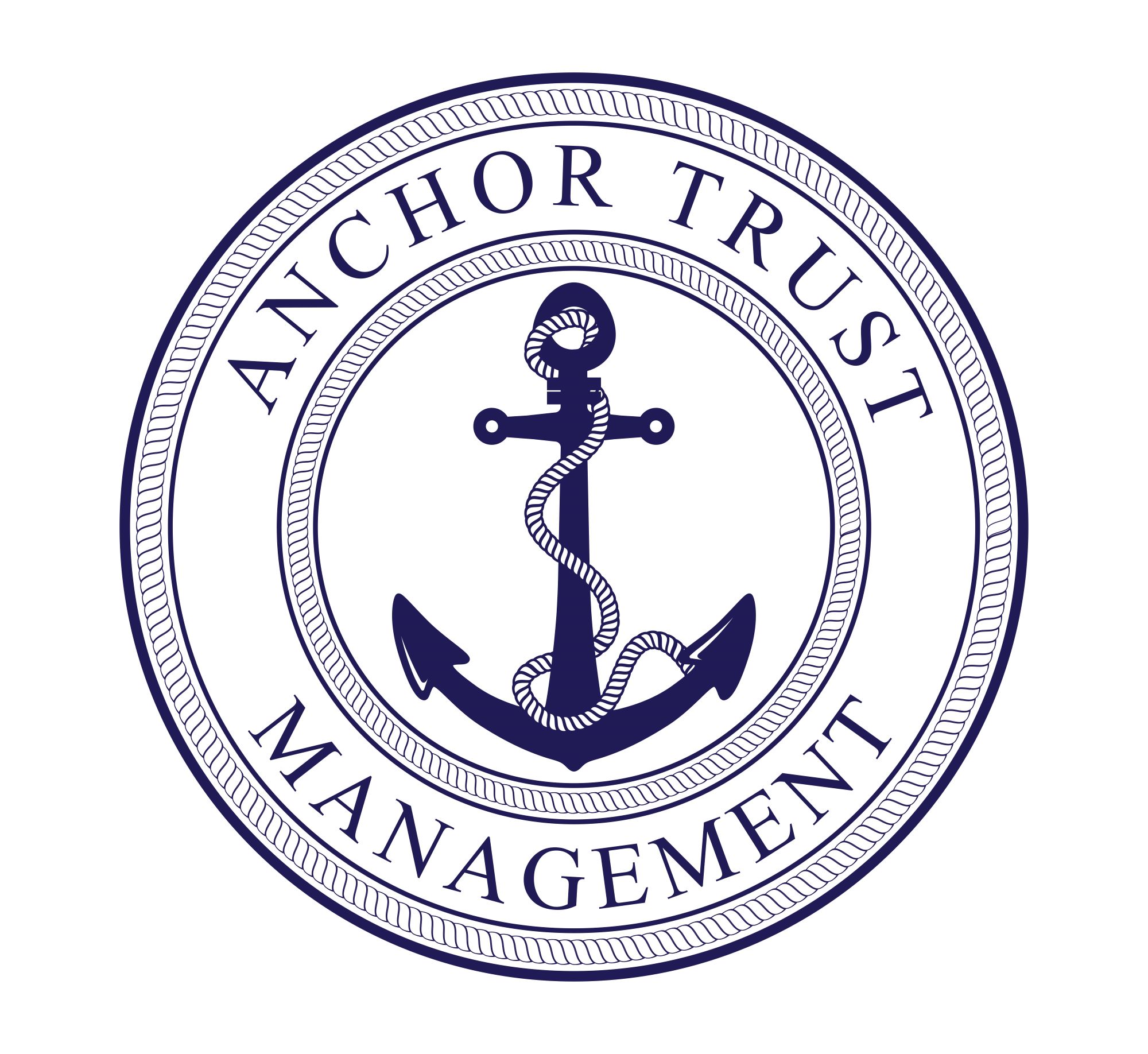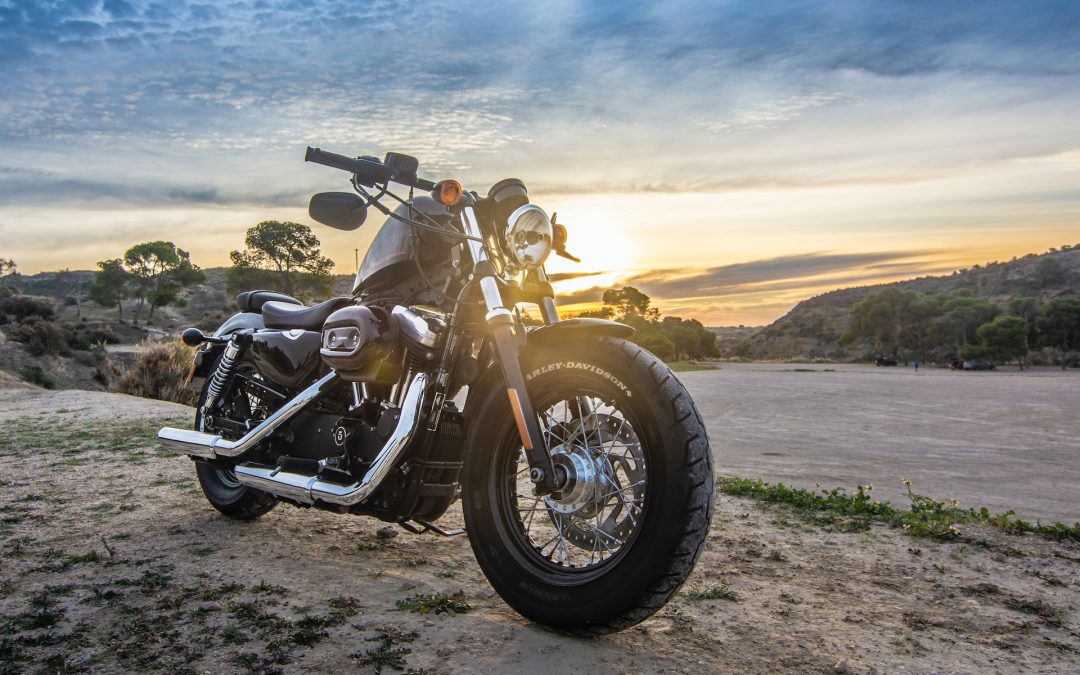With year-round weather perfect for outdoor activities, Florida is a great place to own and enjoy a leisure vehicle. But what happens after an individual passes away?
Here are just a few examples of leisure vehicles:
- Motorcycles
- Boats
- Jet skis
- RVs
- ATVs
Firstly, estates with a will still need to go through the probate process, but beneficiary designations for leisure vehicles make that part of the process pretty straightforward. However, if specific designations are not indicated in a will or trust – or if there’s no will at all – Florida law outlines various routes for inheritance.
Florida’s Intestate Succession Laws
If the decedent passed away without a will, Florida’s intestate succession laws will determine how the estate is distributed. Leisure vehicles that were solely owned by the decedent are included in the assets distributed by succession. Heirs may include the decedent’s spouse, children, parents, siblings, and grandparents.
Joint ownership of a leisure vehicle changes the succession dynamic. For example, if a husband and wife jointly owned a boat, the boat would solely go to the surviving spouse. However, if the spouse died intestate (without a will), the boat was not jointly owned, and the decedent had children, half would go to the surviving spouse and the other half split evenly between the decedent’s children.
You can learn more about how inheritance branches out in these scenarios in our intestate succession blog. There are also provisions outlined in Florida’s exempt property laws that may affect certain types of leisure vehicles.
Understanding Exempt Property Laws in Florida
You’ll find information on exempt property laws in section 732.402 of the Florida statutes. These are often referred to as surviving spouse rights, but they also apply to a decedent’s children if he or she was not married at the time of their passing. These laws are created to provide support for daily needs while a family navigates the probate process, and they include the use of up to two motor vehicles.
Now, there are specifications as to what is or isn’t considered exempt property. For example, a vehicle must have been regularly used by the decedent or their immediate family, and the vehicle cannot exceed over 15,000 pounds. Under these guidelines, a boat or an ATV would not be considered exempt property. However, a motorcycle might be if it was used for everyday purposes and the surviving spouse or child has a motorcycle license.
An additional note on exempt property: if the decedent was divorced at the time of their passing, their surviving spouse cannot claim surviving spouse rights. However, these laws would apply if the couple was separated or still in the midst of divorce proceedings.
Personal Representative: Leisure Vehicle Essential Info
If you’ve been named the personal representative of an estate, it’s your responsibility to work with a probate attorney and ensure that leisure vehicles are distributed appropriately. If there was no will you do have the legal right to manage the sale of assets such as leisure vehicles – but sales must be completed with the heirs’ best interests in mind. This includes providing transparency throughout the probate process and selling the vehicle at market value.
As you begin the process of closing your loved one’s estate, know that personal representatives are often contacted by parties interested in purchasing assets such as real estate or vehicles. Usually these calls are woven with promises of a quick sale to alleviate the strain of probate. But these engagements are often misleading. And if a personal representative sells a vehicle for below market value without consulting the beneficiaries, it may result in litigation.
Leisure vehicles bring a lot of joy throughout one’s life, and our team can help ensure your loved one’s vehicle is managed appropriately after their passing. Contact us for a free consultation.


